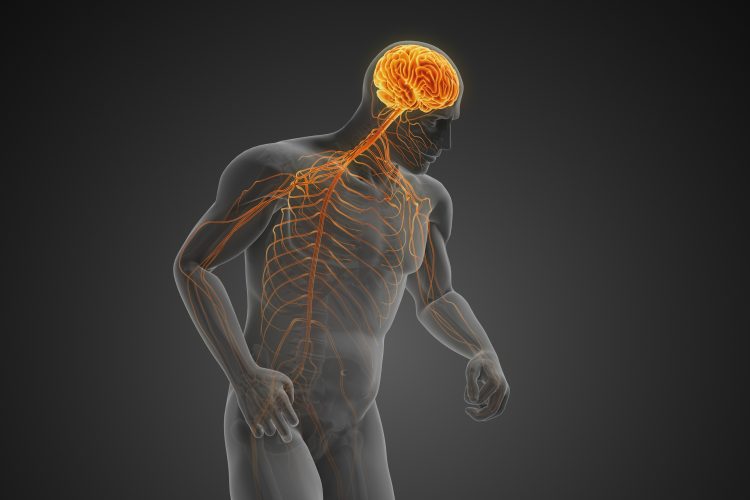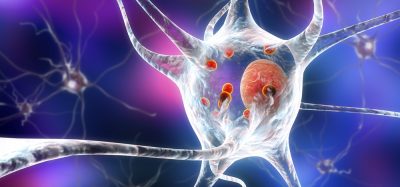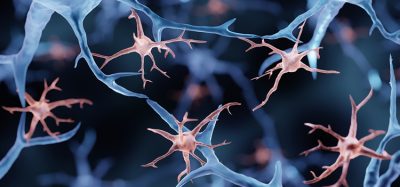Alzheimer’s may disrupt fat tissue and raise metabolic disease risk
Posted: 6 November 2025 | Drug Target Review | No comments yet
Researchers have discovered that Alzheimer’s may disrupt communication between nerves and blood vessels in fat tissue which could explain why people with Alzheimer’s are often diagnosed with heart disease and metabolic problems.


A new study from Houston Methodist has revealed new evidence that Alzheimer’s disease may not only cause cognitive decline but also interfere with the body’s ability to regulate metabolism. The findings suggest that the condition could play a significant role in deteriorating heart and metabolic disorders such as stroke, heart disease and diabetes.
Researchers discovered that Alzheimer’s appears to sabotage communication between nerves and blood vessels in fat tissue, potentially unbalancing the body’s energy and contributing to wider health problems.
Breakthrough in understanding the disease’s reach
The research was led by Dr Stephen Wong, the John S. Dunn Presidential Distinguished Chair in Biomedical Engineering, along with his team at Houston Methodist.
Automation now plays a central role in discovery. From self-driving laboratories to real-time bioprocessing
This report explores how data-driven systems improve reproducibility, speed decisions and make scale achievable across research and development.
Inside the report:
- Advance discovery through miniaturised, high-throughput and animal-free systems
- Integrate AI, robotics and analytics to speed decision-making
- Streamline cell therapy and bioprocess QC for scale and compliance
- And more!
This report unlocks perspectives that show how automation is changing the scale and quality of discovery. The result is faster insight, stronger data and better science – access your free copy today
Using advanced three-dimensional imaging on body fat in mouse models, the team produced high-resolution visuals that, for the first time, show how Alzheimer’s alters the structure of nerve and blood vessel bundles.
Using advanced three-dimensional imaging on body fat in mouse models, the team produced high-resolution visuals that, for the first time, show how Alzheimer’s alters the structure of nerve and blood vessel bundles. These include the sympathetic nerves and associated blood vessels that are essential for managing fat metabolism through both hormonal and neural signalling.
“By disrupting the connection between the nervous system and fat tissue, the disease may impair the body’s ability to manage energy,” said Li Yang, a research associate at Houston Methodist.
Linking brain health and metabolic disorders
The disruption identified by the research team may help explain why many individuals with Alzheimer’s also suffer from other chronic health conditions. Metabolic and cardiovascular issues such as stroke, heart disease, diabetes and high blood pressure are often seen alongside the cognitive symptoms of Alzheimer’s, but until now, the biological connection has been a mystery.
The study’s findings point towards a potential mechanism: that the disease may interfere with how the nervous system communicates with the body’s fat stores, undermining the balance of energy use and storage that is vital for overall health.
Future directions and clinical implications
The research team believes their findings could lead to new research aimed at improving quality of life for people living with Alzheimer’s.
The research team believes their findings could lead to new research aimed at improving quality of life for people living with Alzheimer’s.
“These insights open new avenues for research into how treating or preventing autonomic dysfunction might improve overall health outcomes for people with Alzheimer’s,” said Dr Wong.
The team hopes that by better understanding how Alzheimer’s disease affects the body’s metabolism, future treatments could target these wider physiological effects – potentially offering benefits not only for brain health but also for the heart, circulatory system and metabolic function.
Related topics
Animal Models, Bioengineering, Central Nervous System (CNS), Computational techniques, Disease Research, Imaging, Lipidomics, Metabolomics, Neurosciences, Translational Science
Related conditions
Alzheimer's, Diabetes, Heart disease, Stroke
Related organisations
Houston Methodist








